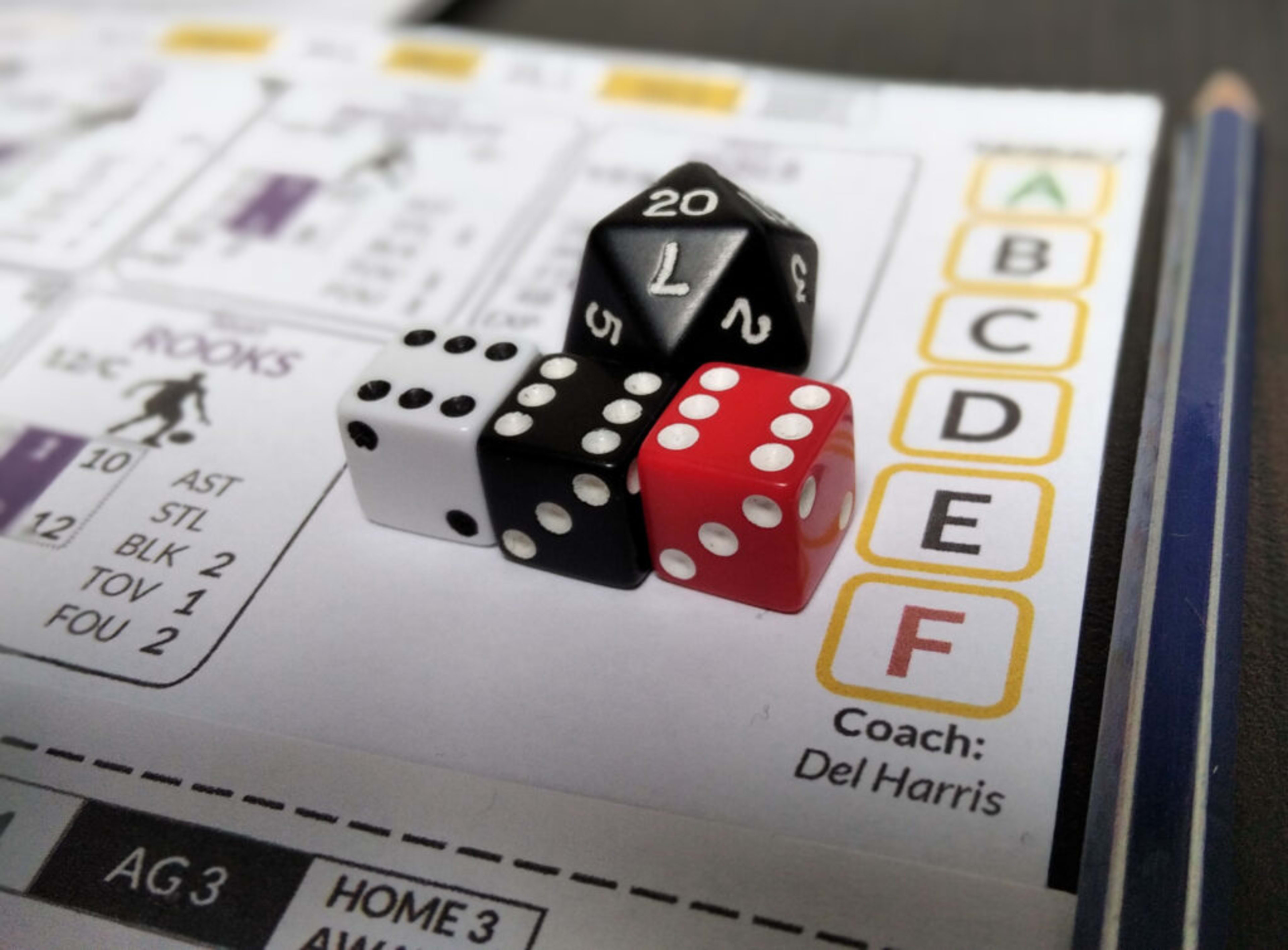Provably Fair Dice: How Randomness Is Verified

Dice games stand out as one of the most transparent and trustworthy crypto-native instant games, largely due to the implementation of provably fair technology. This system allows players to independently verify that each dice roll is genuinely random and free from manipulation, providing unparalleled confidence in game fairness.
The Role of Client and Server Seeds
At the heart of provably fair technology is the use of two key components: the client seed and the server seed. Before a dice game round begins, the server generates a secret seed—known only to the server—and shares a cryptographic hash of this seed with the player. Simultaneously, the player's client generates its own seed. These two seeds are then combined to determine the outcome of the dice roll.
This dual-seed system ensures that neither the server nor the player can unilaterally influence the result. Since the server commits to a hashed seed before the game starts, it cannot change the outcome afterward. Meanwhile, the player's seed introduces randomness that the server cannot predict in advance.
Understanding SHA-256 Hashing and Verification
The server seed’s hash is generated using the SHA-256 cryptographic algorithm, a secure one-way function that produces a unique fixed-length string. This hash is shared with the player before gameplay to guarantee that the seed remains unchanged throughout the round.
After the round concludes, the server reveals the original seed. Players can then use the SHA-256 algorithm to hash the revealed seed themselves and verify that it matches the previously shared hash. If the hashes match, it proves the seed was not tampered with, confirming the fairness of the roll.
This process of pre-committing to a hashed seed and revealing it afterward is fundamental to the provably fair mechanism, creating transparency and trust between the game operator and the player.
Ensuring Randomness Through Combined Seeds
Once the client and server seeds are combined, the game uses a deterministic algorithm to produce a random number, which determines the dice roll result. This algorithm ensures that every roll outcome is reproducible given the same seeds, which players can verify independently.
The combined seed method eliminates any possibility of premeditated outcomes, as both the player's and server's inputs are essential. This system prevents cheating by either party and guarantees that the randomness is genuine.
Why Dice Games Are the Benchmark for Transparency
Thanks to the implementation of provably fair protocols, dice games have earned a reputation as the most transparent crypto-native RNG games. Unlike many traditional RNG games where randomness is a black box, dice games allow full verification by players.
This transparency is especially critical in the crypto gambling community, where trust and fairness are paramount. The ability to independently audit every roll fosters a sense of security and enhances player engagement.
Moreover, the simplicity of dice games combined with provably fair technology makes them accessible to both new and experienced players, setting a high standard for other instant games to follow.
The Future of Provably Fair Gaming
As blockchain and cryptographic technologies continue to evolve, the concept of provably fair gaming is expected to become the norm rather than the exception. Dice games lead this movement by demonstrating how transparency and fairness can coexist with exciting and engaging gameplay.
Players can expect more games adopting similar verification methods, raising the overall trustworthiness of online instant games and further cementing the role of provably fair protocols in the future of online gambling.
Beyond Dice: Other Games Using Provably Fair Mechanics
Dice may set the benchmark for fairness, but it's far from the only crypto game using this technology. Titles like Plinko, Crash, Mines, Limbo, Coin Flip, Spin, and Keno also rely on client-server seed combinations to ensure transparent outcomes. Each offers unique gameplay mechanics, but all share the same core principles: instant results, player-verifiable fairness, and adjustable risk. Players who understand provably fair systems in Dice can confidently apply that knowledge across these other formats.
FAQ
What is a provably fair dice game?
A dice game where each roll’s outcome can be independently verified using cryptographic methods to ensure fairness.
Can players verify the fairness of every dice roll?
Yes, players can use the disclosed seeds and cryptographic hashes to confirm that rolls are fair and unmanipulated.
Is provably fair technology used only in dice games?
No, provably fair algorithms are used across many crypto-based casino games, including card games and slots.
Why is provably fair important for crypto gambling?
It builds player trust by ensuring transparency and eliminating doubts about game manipulation.


















